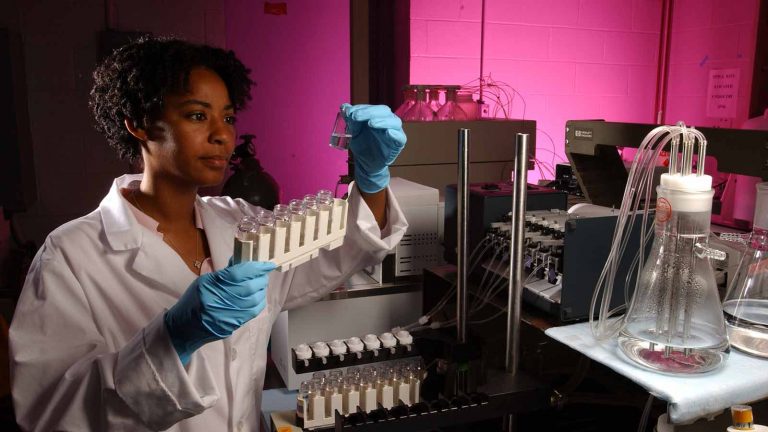Most people think that the role of government is to protect the lives, liberty and property of its citizens, but what happens when a federal agency tries to “protect” you from something that could save your life? For too many Americans, this is the sad reality of the FDA’s approval process for new medications. When an approved drug causes harm to a patient, we hear about it instantly on the nightly news, and FDA officials are called before Congress to answer for their negligence. But what we seldom hear about is the far more common cases of patients dying while waiting for a potentially helpful drug to be approved.
This is the problem that Right to Try legislation attempts to address. In short, Right to Try laws permit patients with life-threatening illnesses to try experimental medicines that have not yet been fully approved, but which have been shown to be safe in clinical trials. Recognizing that it makes no sense to forbid terminal patients from trying drugs that could lengthen their lives, or even cure them entirely, 28 states have passed Right to Try legislation, with about a dozen more currently considering similar bills.
But even these state laws are not enough to truly solve the problem. Many drug companies fear legal reprisal from the federal government if they let some patients try unapproved medicines, and are reluctant to allow their products to be used prior to full approval. That’s why Rep. Matt Salmon (R-AZ) and Sen. Ron Johnson (R-WI) have introduced federal legislation that would prevent the FDA or any other agency from interfering with the implementation of state Right to Try laws.
At a Tuesday briefing on Capitol Hill, several patients shared their stories about what it’s like to struggle with a debilitating disease while being denied access to experimental medicine that could save their lives. Two of the panelists had been diagnosed with ALS, a condition for which amounts to a death sentence, as there is currently no commercially available cure. Several drugs working their way through the approval process have shown promise in treating ALS, but by the time the FDA gives the final thumbs up, it could be too late for these men.
Likewise, a mother of a six-year-old boy teared up while talking about her son’s diagnosis of Duchenne muscular dystrophy. This condition gradually eats away muscle tissue and, if left untreated, will leave him paralyzed and eventually dead before the age of 20. A drug exists to help fight this rare condition, but it is only in the clinical trial stage, and is expected to take another seven years to gain final approval. A seven-year wait is not a luxury patients with Duchenne muscular dystrophy have.
A second mother had better news to share, though no less heartbreaking from a public policy standpoint. When her son was diagnosed with a rare form of bone cancer, she was told that the drug needed to treat him was not available in the United States, although widely used in many other countries. The family promptly moved to England, where the boy got the treatment he needed and will, in all likelihood, live a long healthy life. This story is not unique, and it’s terrible to think that U.S. law is forcing patients to choose between their country and their lives.
Even though not every experimental treatment will yield results, the panelists were united in stressing the importance of hope. It’s impossible to overstate the difference between the sense of control that comes from a patient being able to actively treat their condition, and the sense of hopelessness after being denied the only thing that could save their life.
The FDA has responded to these complaints by pointing out that there is already a process by which some patients can try experimental medications, but the truth is that only three percent of cancer patients get into clinical trials, and only about a thousand requests for experimental treatments are granted each year. The application process is long and cumbersome, discouraging some patients from even trying to seek approval.
Right to Try laws offer hope to those who would otherwise have none, and have the potential to save countless lives. The fact that so many state legislatures have worked to address this problem is encouraging, but until steps are taken at the federal level, we will continue to see families torn apart by needless, preventable deaths.
This article originally appeared on Conservative Review.














Add comment